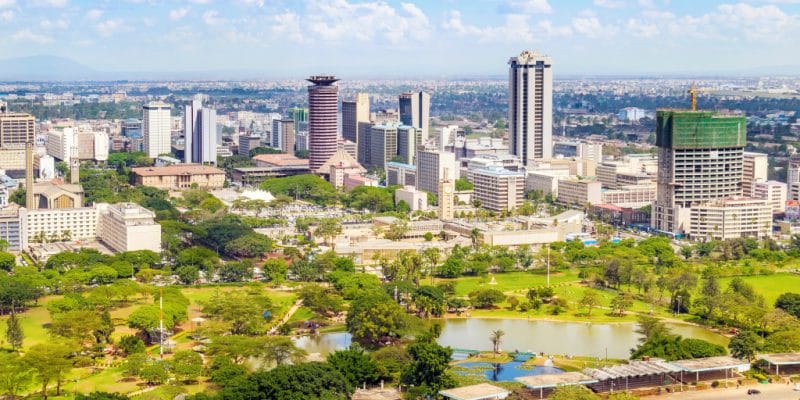The Food and Agriculture Organization of the United Nations (FAO) has just launched the "green cities" programme of action for Africa. Several cities on the continent have already expressed their intention to participate in this initiative. The Kenyan cities of Nairobi and Kisumu have been selected for the pilot phase of the programme.
The aim of the Green Cities Action Programme is to scale up rapid action measures to build resilience in large, medium and small cities around the world while creating the conditions for food and nutrition security for their populations. The programme also aims to ensure an enabling environment with more integrated food production and distribution systems that benefit people and farmers.
According to the Food and Agriculture Organisation of the United Nations (FAO), which initiated the sustainable cities programme, 55% of the world’s population now lives in cities, and this figure is expected to reach 68% by 2050. A large proportion of these city dwellers live in low-income countries, particularly in Africa and Asia. Yet cities offer great economic opportunities. At the same time, these cities can be home to high levels of poverty and account for a significant share of natural resource use (water, energy, etc.), greenhouse gas emissions and food consumption.
The pilot phase in Kenya
Several African cities have already signed letters of intent with the FAO to participate in its Green Cities Programme of Action. These are Praia in Cape Verde, Kisumu and Nairobi in Kenya, Tananarive in Madagascar, Quelimane in Mozambique and Kigali in Rwanda. These cities will begin the pilot phase of the programme, which is intended to involve 1,000 cities worldwide by 2030. The cities of Kisumu and Nairobi will lead the way.
Read also- AFRICA: 3 cities receive grants from Gap Fund for climate projects
To implement the programme, FAO Director-General Qu Dongyu is calling on committed cities and mayors to engage local innovators, entrepreneurs and youth to come up with new solutions, digital technologies, climate-smart practices and strategies to create green jobs and enrich the links between urban settlements and their rural environment.
FAO’s contribution
In the process, the Rome, Italy-based organization will fund the initial phase and attract resources for the implementation of the entire programme. The aim, says FAO, is to promote innovative actions “key to quick wins to develop the capacity of local stakeholders in the first cities joining the project to integrate food systems, urban and peri-urban agriculture and forestry into local planning, which requires a holistic approach to governance that, in the case of metropolitan areas, often spans several municipal jurisdictions”.
Also, the organisation plans to help participating countries use geo-referenced data and other indicators to “provide a rapid and systematic understanding of potential vulnerabilities to shocks, identify potential biodiversity hotspots and strategically map food retail environments to boost access to nutritious food where it is lacking,” FAO says. Local governments will also be supported in promoting rooftop and backyard gardens, vertical farms in abandoned structures and high-tech aquaculture. Local people will also be trained to exploit these opportunities.
Jean Marie Takouleu







